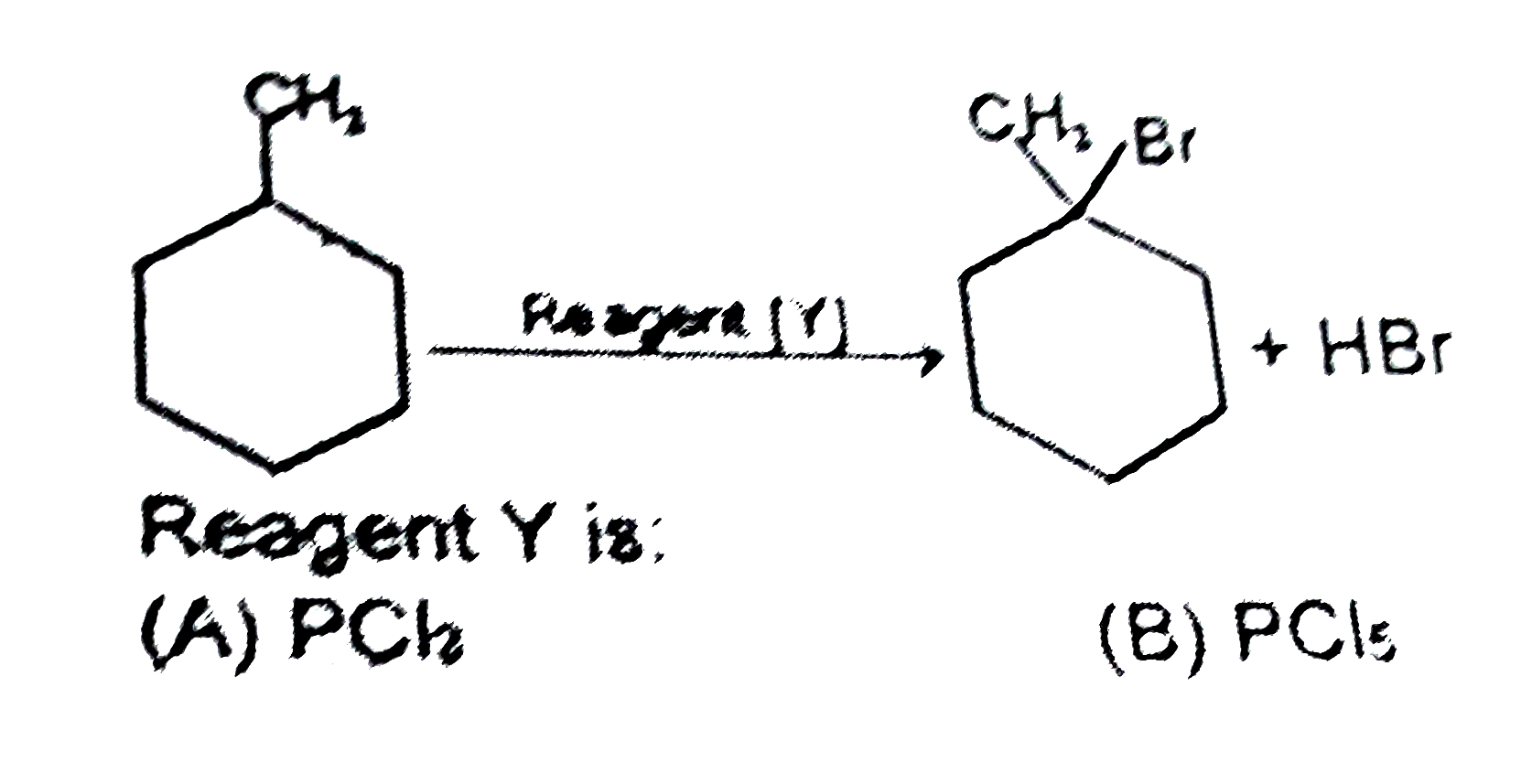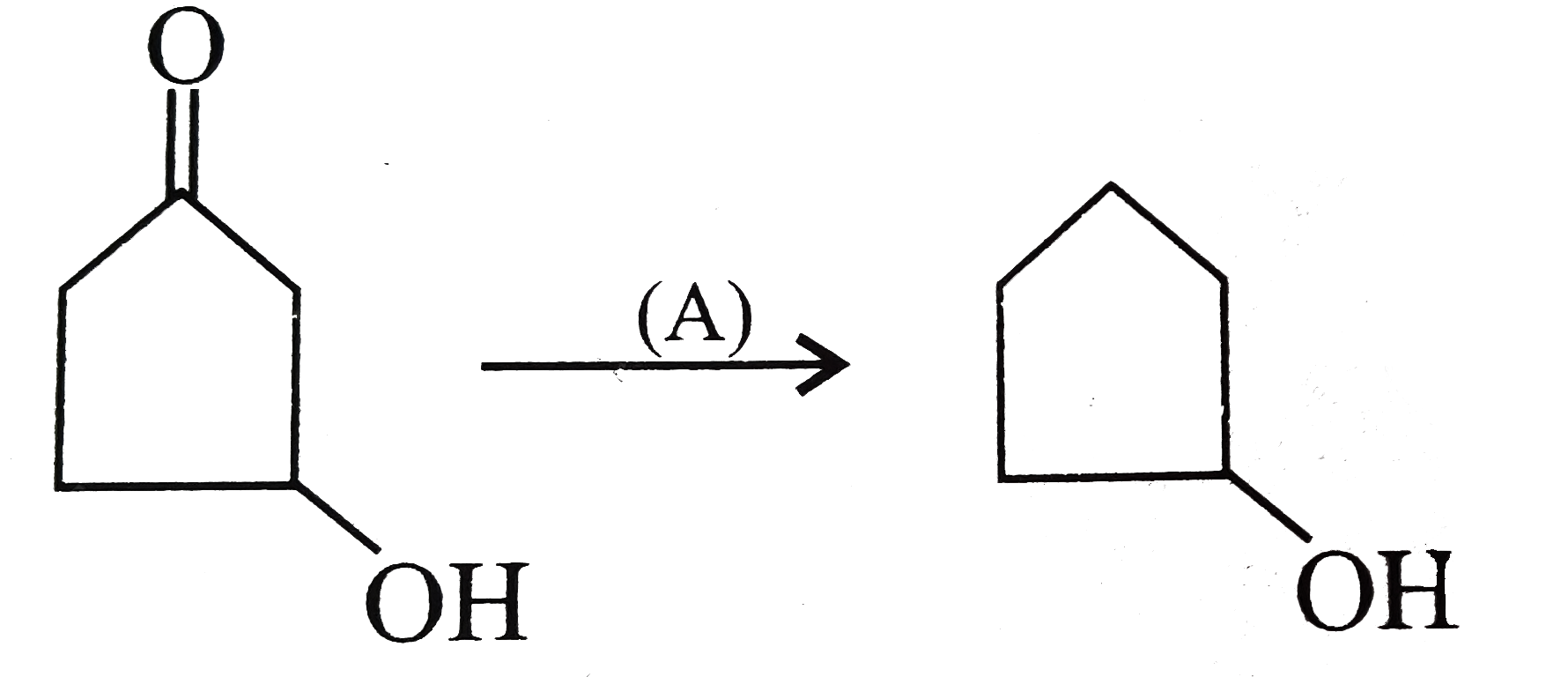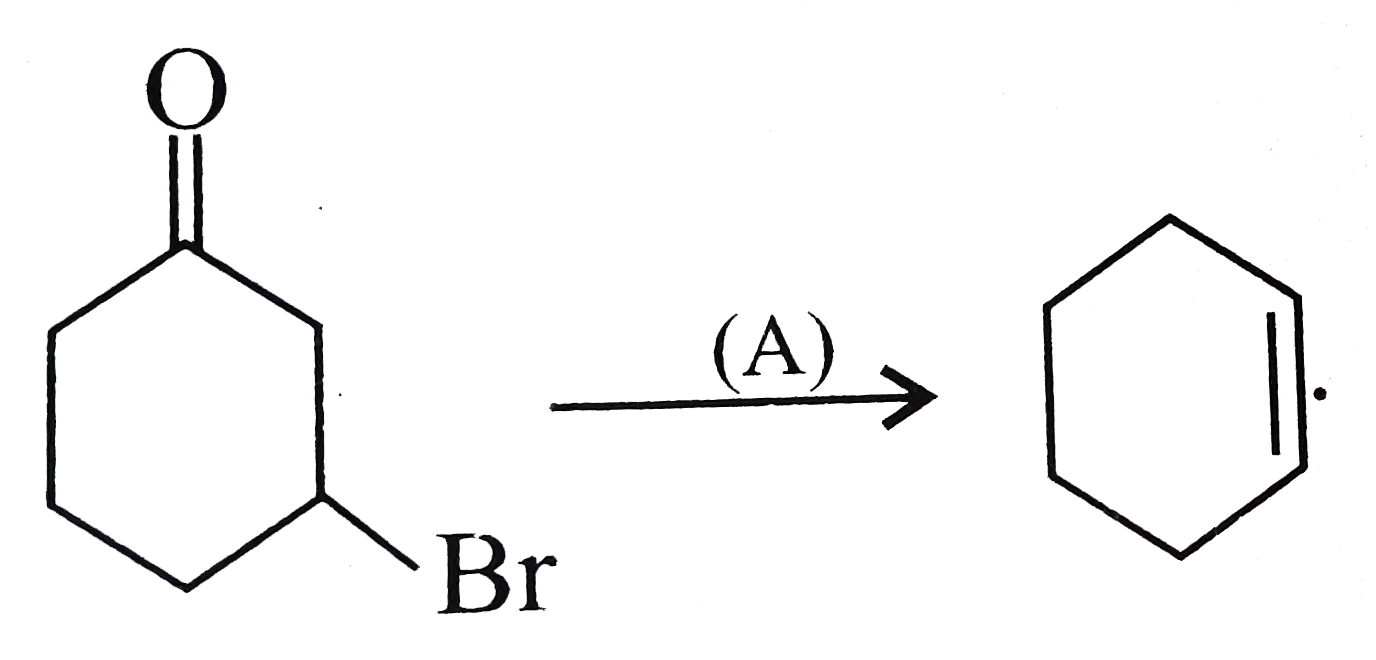Chain transfer reagent is:
CCl4
CH4
O2
H2
The correct Answer is:A
To solve the question "Chain transfer reagent is:", we need to understand what a chain transfer reagent is and identify which of the given options fits this definition.
1. Definition of Chain Transfer Reagent:
A chain transfer reagent is a substance that can transfer a radical to a growing polymer chain during chain polymerization. This process results in the formation of a new radical, which can initiate the growth of a new polymer chain.
2. Understanding the Options:
The options provided are:
- CCl4 (Carbon Tetrachloride)
- CH4 (Methane)
- O2 (Oxygen)
- H2 (Hydrogen)
3. Analyzing Each Option:
- CCl4: This compound can break down to form a chlorine radical (Cl•) and a trichloromethyl radical (CCl3•). The presence of these radicals allows CCl4 to act as a chain transfer reagent by transferring the radical to the growing polymer chain.
- CH4: Methane does not produce radicals that can initiate or transfer chains in polymerization processes.
- O2: Oxygen primarily acts as an oxidizing agent and does not function as a chain transfer reagent in the context of polymerization.
- H2: Hydrogen gas does not participate in chain transfer reactions in polymerization.
4. Conclusion:
Based on the analysis, the only option that fits the definition of a chain transfer reagent is CCl4. Therefore, the correct answer is CCl4.
Final Answer:
The chain transfer reagent is CCl4.
---
A chain transfer reagent is a substance that can transfer a radical to a growing polymer chain during chain polymerization. This process results in the formation of a new radical, which can initiate the growth of a new polymer chain.
The options provided are:
- CCl4 (Carbon Tetrachloride)
- CH4 (Methane)
- O2 (Oxygen)
- H2 (Hydrogen)
- CCl4: This compound can break down to form a chlorine radical (Cl•) and a trichloromethyl radical (CCl3•). The presence of these radicals allows CCl4 to act as a chain transfer reagent by transferring the radical to the growing polymer chain.
- CH4: Methane does not produce radicals that can initiate or transfer chains in polymerization processes.
- O2: Oxygen primarily acts as an oxidizing agent and does not function as a chain transfer reagent in the context of polymerization.
- H2: Hydrogen gas does not participate in chain transfer reactions in polymerization.
Based on the analysis, the only option that fits the definition of a chain transfer reagent is CCl4. Therefore, the correct answer is CCl4.
The chain transfer reagent is CCl4.
Similar Questions

Here reagent is
View SolutionHere reagent is

View SolutionWhich of the following are used as chain transfer agents?
View Solution
Reagent Y is :
View Solution_CHE_E06_132_Q01.png) Reagent X is
Reagent X is
View Solution
The reagent R is

View Solution
The reagent R is
View Solution
The reagent (A) is:
View Solution
The reagent (A) is:
View Solution
The reagent (A) is:
View Solution